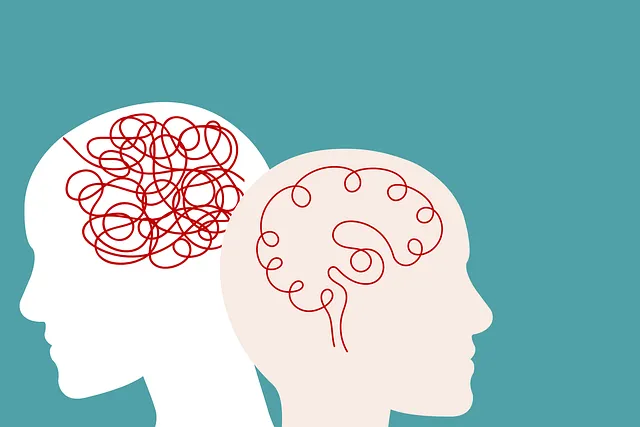The Northglenn Kaiser Permanente mental health appointment center prioritizes cultural diversity and sensitivity in patient care through holistic practices, Sensitivity Training, Community Outreach, and tailored coping skills development. These initiatives enhance trust, understanding, and trauma support services based on individual cultural identities, improving emotional regulation and fostering stronger patient-caregiver connections.
In an increasingly diverse society, cultural sensitivity is paramount in mental healthcare. This is especially relevant at Northglenn Kaiser Permanente’s mental health appointment center, where professionals interact with a wide range of backgrounds. This article explores how understanding cultural diversity can enhance patient care at the Northglenn Kaiser Permanente facility. We delve into sensitivity training for mental health professionals and highlight techniques that foster cultural competency, ultimately improving outcomes for all patients.
- Understanding Cultural Diversity in Northglenn Kaiser Permanente
- Sensitivity Training for Mental Health Professionals
- Enhancing Care Through Cultural Competency Techniques
Understanding Cultural Diversity in Northglenn Kaiser Permanente

In Northglenn Kaiser Permanente mental health appointment center, recognizing and embracing cultural diversity is more than just a practice; it’s a foundational principle. The center understands that individuals from various ethnic, cultural, and socioeconomic backgrounds may have unique psychological needs and perspectives shaped by their life experiences. This awareness guides their approach to mental healthcare, ensuring that every patient receives personalized support tailored to their specific cultural context.
By integrating Self-Awareness Exercises and Stress Reduction Methods into their treatment plans, the center promotes a holistic understanding of mental well-being. These techniques not only help patients manage conditions like Anxiety Relief but also foster a deeper connection between care providers and clients from diverse backgrounds. Such an inclusive environment encourages open dialogue, builds trust, and enhances the overall effectiveness of mental healthcare services within Northglenn Kaiser Permanente.
Sensitivity Training for Mental Health Professionals

Mental health professionals at Northglenn Kaiser Permanente mental health appointment center recognize that cultural sensitivity is paramount to delivering effective care. To enhance this, they undergo rigorous Sensitivity Training programs. These sessions focus on developing self-awareness exercises that enable practitioners to understand and appreciate the diverse backgrounds, beliefs, and values of their patients. Through interactive workshops and real-life scenario role-plays, professionals learn to navigate cultural nuances, ensuring every patient receives respectful, empathetic, and culturally competent care.
Furthermore, the center promotes a Community Outreach Program Implementation initiative, where staff actively engage with various communities to build trust and understand their unique mental health challenges. This approach not only improves access to services but also fosters a sense of belonging among diverse populations. Additionally, coping skills development is integrated into treatment plans, empowering patients with tools tailored to their cultural contexts, thereby enhancing therapy outcomes.
Enhancing Care Through Cultural Competency Techniques

At the Northglenn Kaiser Permanente mental health appointment center, cultural competency techniques play a pivotal role in enhancing care for diverse patient populations. By integrating cultural sensitivity into practice, healthcare providers can create an environment that feels safe and supportive for individuals from various ethnic, racial, and cultural backgrounds. This approach ensures that each patient receives tailored Trauma Support Services, addressing unique challenges related to their cultural identity.
Understanding and respecting different cultural norms, values, and beliefs allow mental health professionals to offer more effective Emotional Regulation strategies. This can involve modifying treatment approaches, using culturally relevant language, and incorporating traditional healing practices when appropriate. The application of these techniques fosters trust and builds stronger connections between patients and their caregivers, ultimately improving the overall quality of mental healthcare services at Northglenn Kaiser Permanente.
In conclusion, prioritizing cultural sensitivity in mental healthcare at Northglenn Kaiser Permanente’s appointment center is paramount. By implementing comprehensive sensitivity training and adopting culturally competent techniques, mental health professionals can significantly enhance patient care and outcomes. Understanding and appreciating the diverse cultural backgrounds of patients ensures a more inclusive and effective treatment environment at the Northglenn Kaiser Permanente mental health appointment center.






